
I have always found the subject of mirroring to be fascinating. The way we mirror others and how we learn from others.We all do it. It’s called limbic synchrony, and it’s hardwired into the human brain.
Mirroring can be an important part of developing business relationships. An effective way to build rapport (or to increase a person’s comfort when they are resistant) is to utilise this technique. Mirroring starts by observing a person’s body posture and then subtly letting your body reflect his position. I think about the times I have been in meetings and crossed my arms. Then all of a sudden, the person sitting opposite crosses her arms. Then I gently touch my hair and they do too. When we mirror, not only does it simulate actions, it can also reflect intentions and feelings. As such, they play a key role in our ability to socialise and empathise with others. I am definitely no expert in this field, but I know someone who is. I had the pleasure of interviewing, best selling author, ,,Fiona Murden on her latest book ‘Mirror Thinking and I am delighted to share this with you on the blog:-
Fiona, please tell us about your career background:-
“I always wanted to be a Psychologist because I loved trying to understand myself and other people. I was taken off course slightly when my school physics teacher told me I should do medicine and psychiatry instead, and so I started along that route. After my A-Levels I realised it was defiantly Psychology I wanted to study, and so went to University to study Psychology. That was when I realised that the clinical side (what I have always been interested in) was incredibly intense. I have so much admiration for people who work in that area- I didn’t think I could manage.
I started my Business Masters, thinking I would work in business instead, and went to work for one of the consulting firms. Four years in, I realised the thing I was still most interested in was people- and so I went back to university and did my MSc in Occupational Psychology. The aim was to be a charted Psychologist which takes another 3 years after that. I initially went into the public sector because I wanted to help – and I then started working with senior leaders. This involved profiling and coaching for senior level roles with members of leadership teams such as Cadbury, Sainsbury’s and more.
I left my work for maternity leave around thirteen years ago and was approached by a company I’d previously worked with asking me to profile their HR directors. I was then asked to head into London and meet with some CEO’s and I soon ended up setting up my own company. In between my daughters births I had some difficult times. I had lost two babies and my Dad passed away- but I carried on doing what I was doing. It was these times that helped me realise I had always wanted to give back. I wanted everyone to know what I was teaching these professionals and CEOs, and hence, I wrote a book.”
‘Defining You’ – How to profile yourself and unlock your full potential’ by Fiona Murden won Development book of the year 2019 and is available at ,Amazon and Waterstones
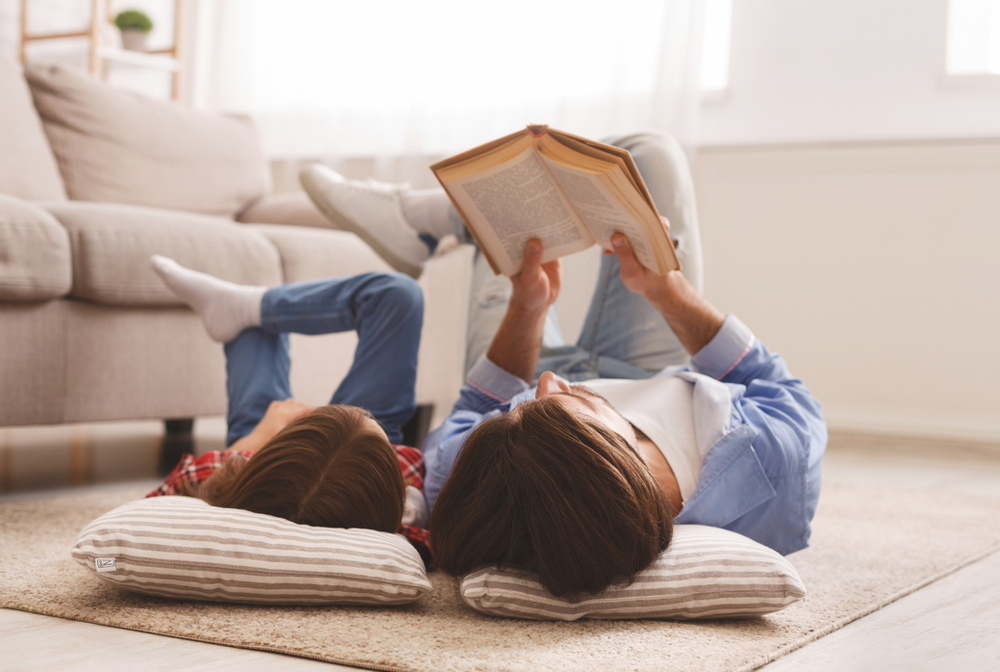
In telling us about the ideas around mirror neurons in the brain, Fiona explained:
“There is still controversy around the idea, since it is really difficult to see how the human brain works at the level of a single cell. The only time we can do that is when someone is having surgery, and therefore the research is very focused in one area. We mostly use fMRI studies (functional magnetic resonance imaging) which are quite broad, hence result in controversy. Putting this aside, mirror neurons were first discovered in the monkey brain when a monkey’s brain triggered movement areas upon watching human movement, though the monkey was sat perfectly still.
We have something in our brain that enables us to watch what other people are doing without repeating it as we see it. However, we can rehearse it, both physically and mentally and learn from it. This is how we can watch Wimbledon without all standing up to try and hit the ball, but when playing tennis ourselves, we may incorporate some of the techniques we observed in the professional tennis games we’ve seen. We can find evidence of mirroring everywhere. If you’re sitting in a room and cross your legs, chances are someone will see that and unconsciously cross their legs too!”
Fiona, in your book, you make reference to an interesting US study that says; by the age of 11, children spend approximately 33% of their spare time with their siblings. I asked Fiona if we learn from mirroring them?
“It’s interesting, because we never presume, we are learning from simply spending time with siblings, but we’re hugely influenced by them! Adult females will all tend to have their first child at roughly the same time as their sisters. The mirroring behaviours we learn in childhood from our siblings will carry on throughout life. In a Chinese study, psychologists found that single children are less empathic than children with siblings, and this could well be due to the absence of mirroring in childhood. What’s interesting is that recent research has shown that though older siblings will act as role models for their younger siblings, the relationship can work both ways. Younger siblings can also act as role models for their elder siblings too.”
As parents and caregivers we want to help our children to find good role models. Not only do we need to be good role models, we can find them elsewhere – and this could be anybody. How do we help our children find these?
“As parents we are only human. We need to own up where we’ve done wrong, in addition to being a good role model for them. We don’t need to be perfect. When it comes to finding role models we need to look at the values people hold. Why are they doing what they’re doing? Are they giving the right message? Are they happy in themselves? I encourage my daughter to find natural role models, and though this is hard to find, especially on social media. It is important to talk through with our children about what they are looking for in a role model.
One piece of research will show that showing more empathy to your children will result in them less likely to be involved with gangs, though there are always going to be friends we will perceive to be bad influences for our kids. I think the important thing is to not stop them from seeing their friends, but to talk to them and help them understand why they may be a bad influence. We need to help our children make their own decisions in helping their awareness.”
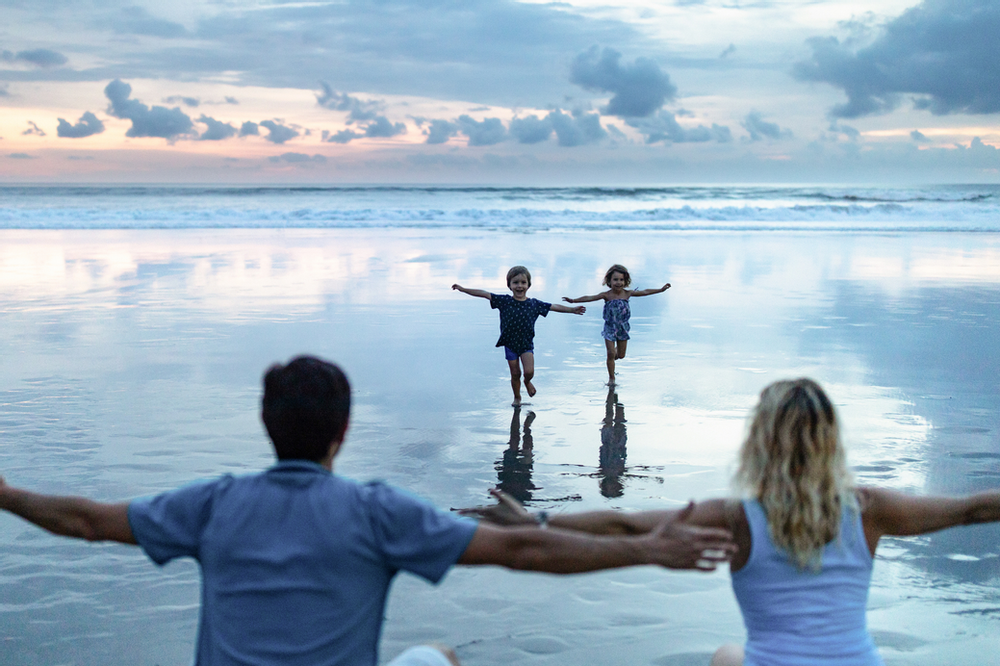
As human beings I think we’re doing better in getting in touch with our emotions. Men are encouraged to feel more, and even my 10-year-old daughter will say to me, “I don’t like hanging out with them because I don’t like how they make me feel”. We want to encourage feeling good. Fiona says:
“Think about it as a group of school mums. There’s one mum that gets drawn into this haze of other mums and feels she must prove herself to the other parents. This is something we have a natural mechanism for. We try to make everyone like us, rather than spending time with the people that just make us feel nice. Mirroring is a good way of helping us understanding our own purpose. We have a fast thinking brain and a slow thinking brain – with the latter holding rational thoughts and those thoughts that might make us a better person, whereas the fast thinking brain is our evolutionary response to keeping ourselves safe- looking for danger, fear etc. By moving away from our fast thinking brain and taking more time to consider decisions, we can start to ask ourselves what our purpose is, what are values are and what we stand for. If we can understand this, it will help us role model to our kids.”
Fiona’s most significant take away:
Regardless of psychology, if we’re aware of what’s happening, it makes it much easier to move things in a positive direction. Are we aware of the people we’re hanging around with? If we want to build our empathy and social skills, we need to nurture them. We need to focus on human connections and allow ourselves to nurture our time with others and ourselves.
We all are working hard to raise kind, empathetic children who have the confidence to be their best selves. How do we encourage our children to do this?
“I think we must keep reminding them. Our children’s awareness comes partly from themselves but partly from us. We must keep reminding our children to be active, get out there are socialise with positive people. Teens are more prosocial whilst surrounded by others who are more prosocial! The key thing is, we are all human and it’s okay to get it wrong. That is what learning is all about.”
Thank you Fiona for this fascinating, insightful interview. Check out Fiona’s podcast, ‘Dot to Dot Behind the Person’ alongside her other projects.
,www.fionamurden.com
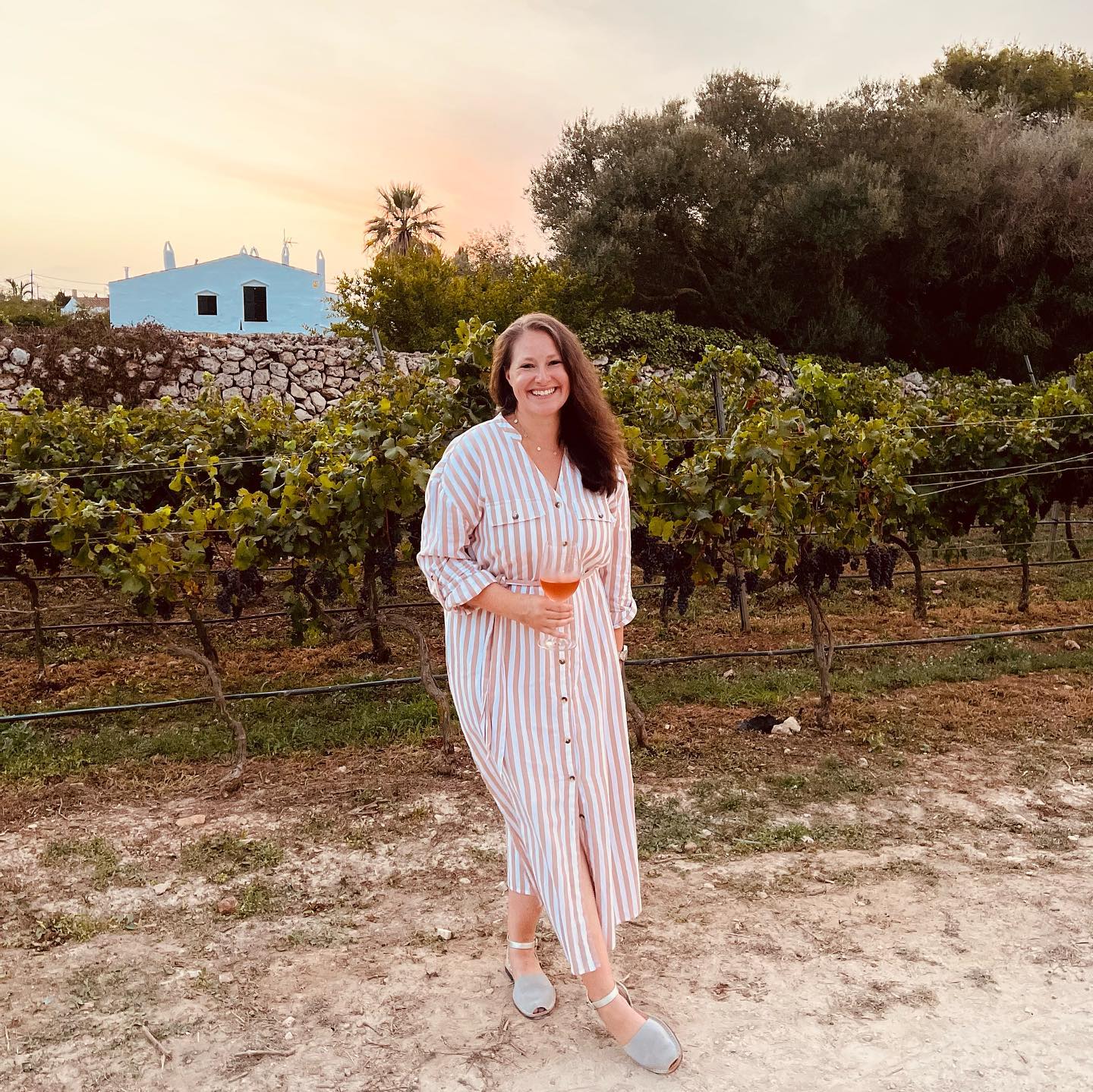
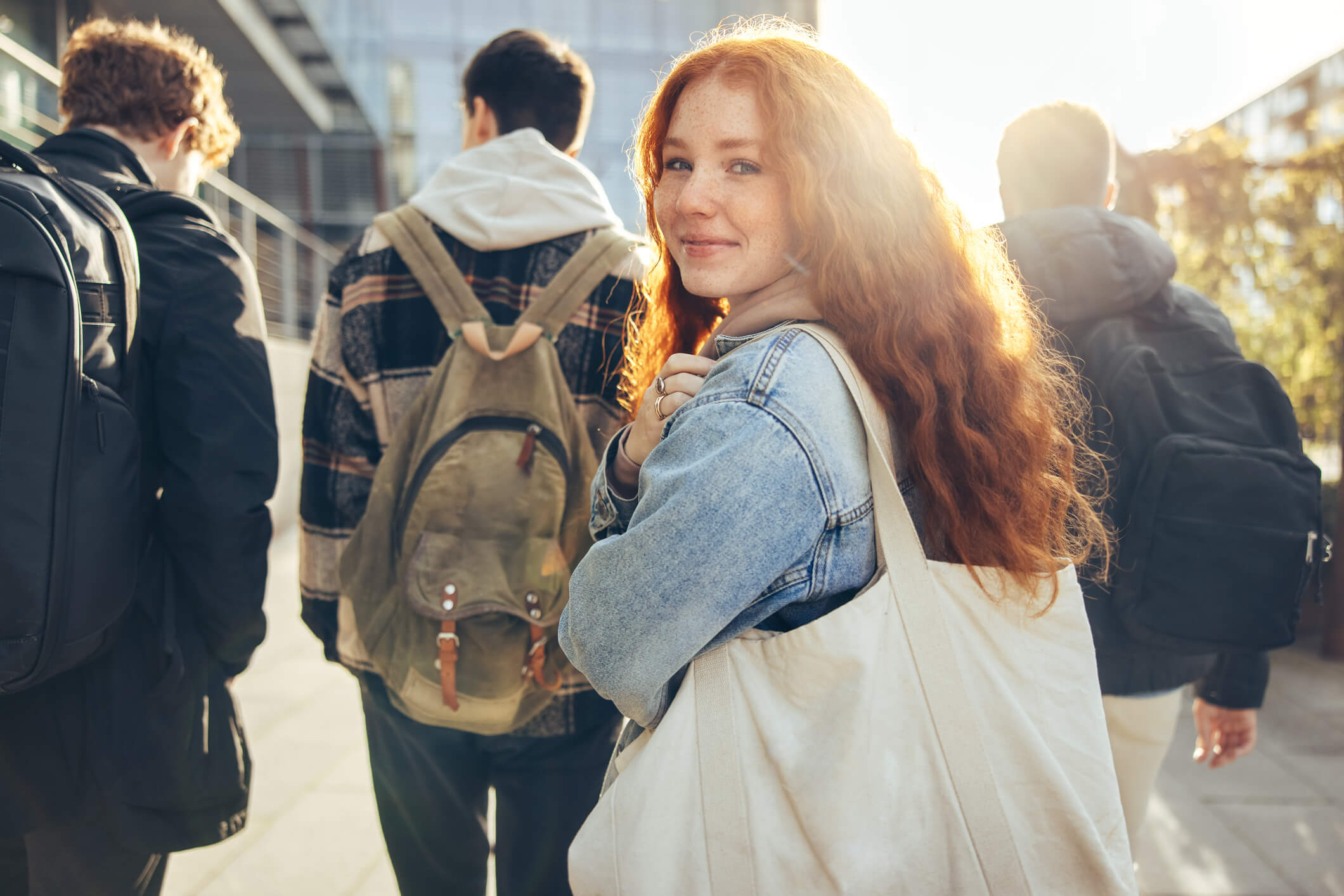
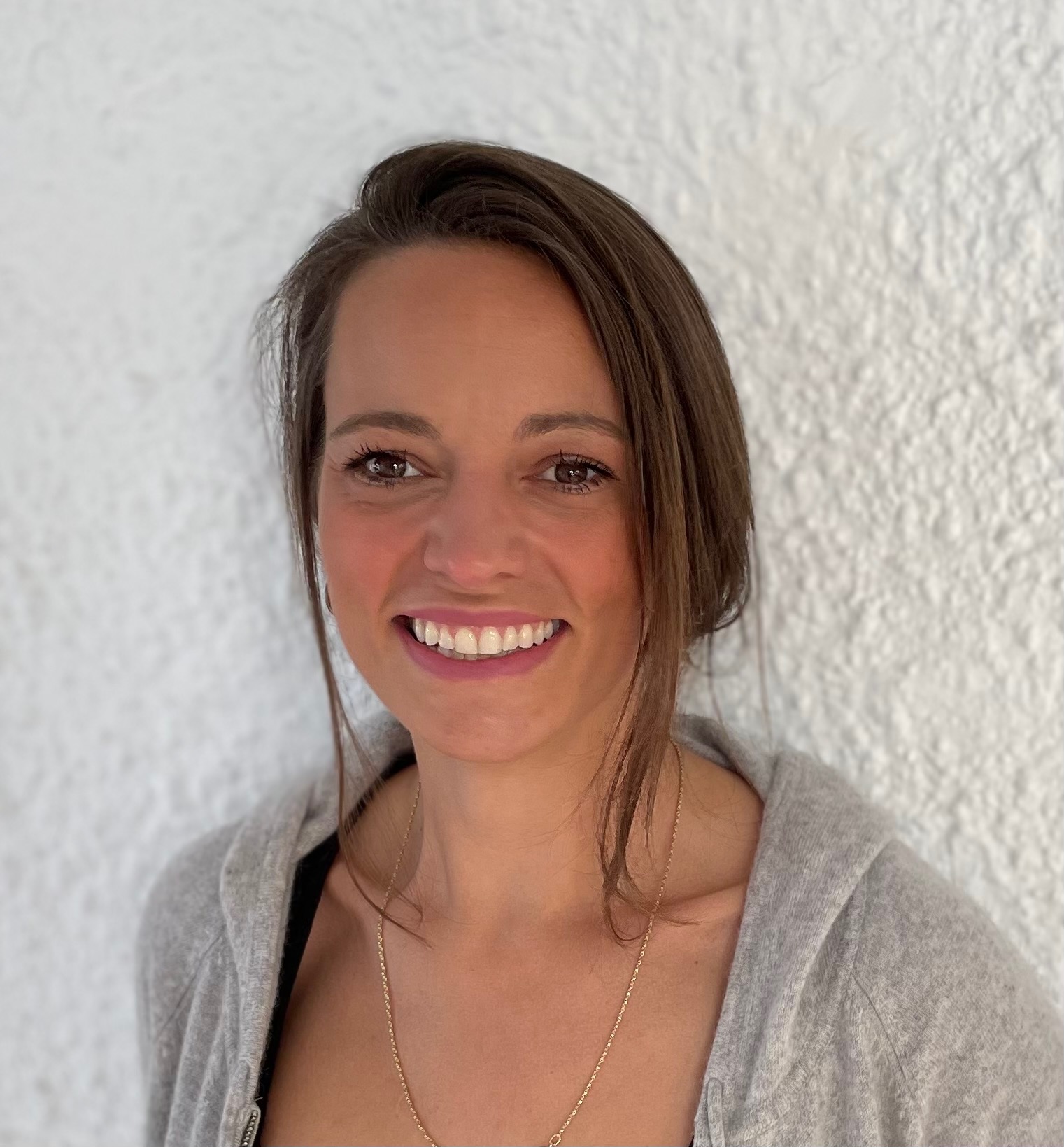
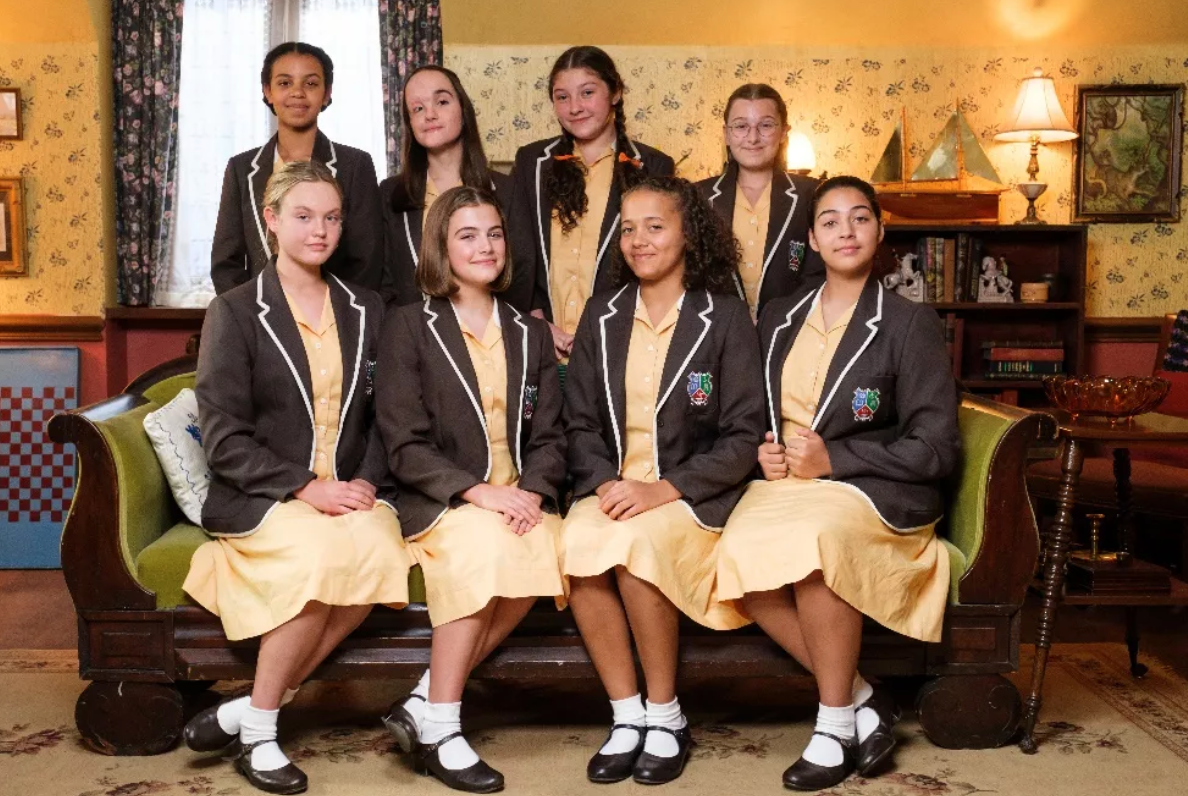
Leave A Comment